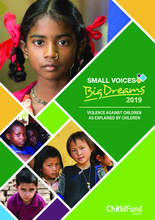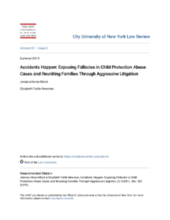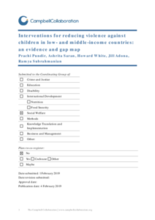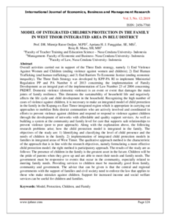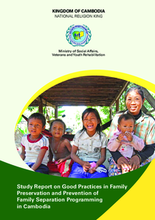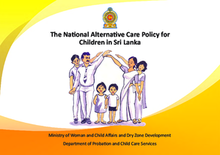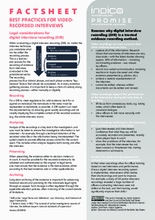Displaying 391 - 400 of 1090
This report presents the main conclusions from the 2019 Small Voices Big Dreams Technical Manual, which outlines in great detail the perceptions and opinions of children and adolescents from all over the world regarding the multiple dimensions of violence exercised against them.
The purpose of this article is to use the authors' experiences litigating physical abuse cases in the Bronx, New York City, USA to provide practitioners and family defenders both in New York and in other states with ideas and strategies of how to move cases forward for parents and caretakers charged with serious physical abuse of a child. It is our hope that, by challenging these allegations, defense attorneys can expose the misperceptions and overreach of agencies that charge parents with physical abuse based on injuries alone.
Out of the shadows: Shining light on the response to child sexual abuse and exploitation - a 40-country benchmarking index - examines how countries are responding to the threat of sexual violence against children.
This evidence and gap map will provide an overview of the existing systematic reviews and impact evaluations on the key outcome domains and interventions aimed at reducing violence against children in LMICs using an intervention-outcome framework.
The purpose of this study was to explore and describe the experiences of incarcerated women who had dumped or committed infanticide in Namibia.
The objectives of the study are: 1) Identifying and classifying the level of child presence and the needs of children in the family and 2) implementation of integrated child protection models in families in integrated areas of West Timor.
This report provides in-depth analysis of programs of 7 different NGOs in Cambodia working on the prevention of family separation and family preservation in order to respond to risks related to physical and mental well-being and domestic violence.
This module is the second part of the Parenting without Violence Bronze Course. It focuses on the course's second learning outcome by sharing more about HOW Parenting without Violence works.
Sri Lanka's National Policy on the Alternative Care of Children outlines a comprehensive range of alternative care options and encourages the reforming of all formal structures that provide at-home and out-of-home services for children deprived of care and protection or at risk of being so. This policy also extends to children under care of the Juvenile Justice System. It provides policy solutions to programming for children at risk of family separation and facing deprivations such as child abuse, neglect, child labor, poverty, addiction, imprisonment, human trafficking, mental and physical disabilities, HIV/AIDS, domestic violence, orphanhood, abandonment and displacement etc. The policy also takes into consideration and encompasses provisions to children who are forced to live and work on streets.
This factsheet reviews best practices for conducting a digital interview recording (DIR) with children who have experienced or witnessed violence.

